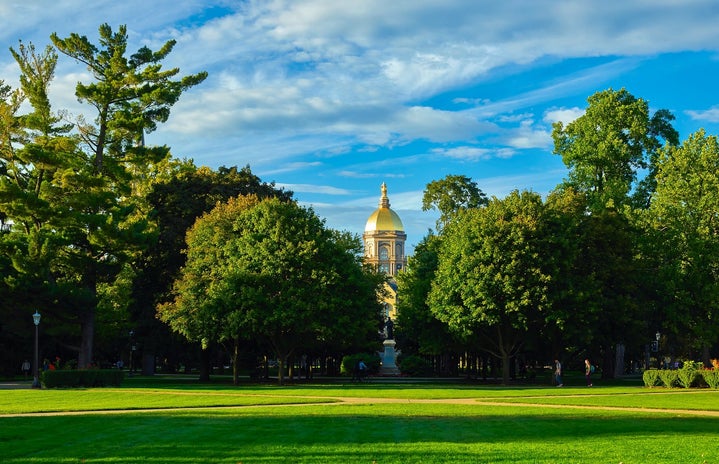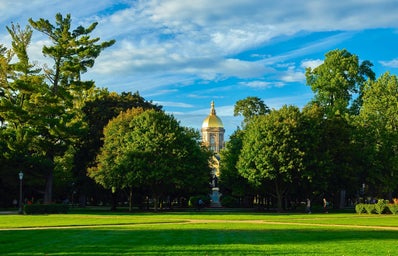When I was in the fifth grade, for some reason every other student in my class became fascinated with their heritage. Hours were spent discussing where people’s ancestors were from, and when it was my turn to share, everyone first shared their thoughts on where my family was from. Looking me over they noticed my green eyes, my pale freckled skin, and my curly light brown hair and concluded, “Your family is from Ireland, right?” “Uh, some of them are!” I responded. “My dad and the rest of his family are from Argentina though—he came here when he was a kid.”
While they were ready and eager to believe that my family was from Ireland because of my appearance, upon hearing my true heritage my classmates were shocked. “No way is your family from South America!” they exclaimed, “You’re so pale, you don’t look Hispanic!” As a ten-year-old, I had never been questioned about my ethnicity before, and I didn’t quite know how to respond. Knowing myself, I’m sure that I just shrugged it off and continued on with my day, yet this disbelief others held of something I had always known to be true left a mark on me.
Since that day, this disbelief has followed me around like a shadow. While only children had the confidence (or lack of politeness) to actually deny my heritage to my face, upon revealing where my father is from I’m often met with remarks like “Whoa, seriously? I never would have guessed!” and even the occasional “Wow, but you’re so pale!”
Because of the frequency with which I am confronted with these questions, and receive disbelief as a response to my answers, I have grown up with a feeling of something I can only describe as “otherness.” When you are constantly told that you do not appear to fit into a group that you know yourself to be a part of, and feel that you cannot truly belong to the group that others always place you into, where can you truly fit in? While I always had friends and people I related to, I still felt like I wasn’t truly able to be myself. I was always assumed to be white because of my physical appearance, so I never fought that assumption: I repressed my Argentine heritage, barely mentioning it so that I wouldn’t be questioned or face disbelief.
As a result of my hiding, I separated myself from my family’s past, from my roots, and from my true self. I have never spent any significant time with other people of Hispanic or Latin American descent, feeling that because of my appearance I wasn’t worthy of spending time with people who actually embraced their roots, or who actually “looked” Hispanic. I know that there is no one way that people of Hispanic or Latin American descent look physically, yet after years of being told I didn’t look the way I was supposed to as a Latina had convinced me that I did not, and could not, fit in.
No child is born feeling that because of their physical appearance they cannot truly belong with their own people, so why was I made to feel this way? Why should my physical appearance have prevented me from exploring and celebrating my heritage? To this day, I don’t have an answer to these questions, and I still have yet to shake the feeling that because of the way I look I can’t truly identify as a Latina. However, with age I have tried harder and harder to put these feelings behind me and embrace who I truly am. In spite of the opinions that have shaped how I felt growing up, through traveling to Argentina, meeting and speaking with family, and connecting with people and of similar descent I have slowly but surely accepted my descent and my true self, and my “atypical” physical appearance.
To any other little girls or women facing these thoughts and these opinions, I have only one piece of advice—please, please, accept your heritage and who you are. I wasted too much time hiding who I was for fear of judgment, and accepting and understanding yourself feels so much better than denying who you truly are.
Image credits:

